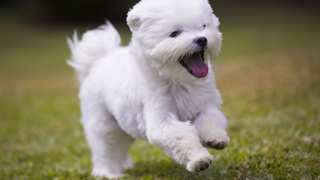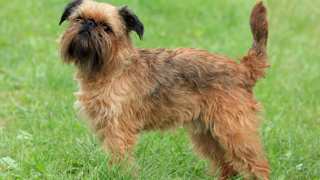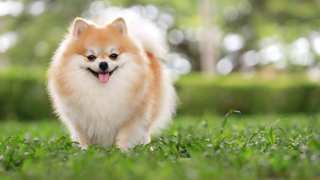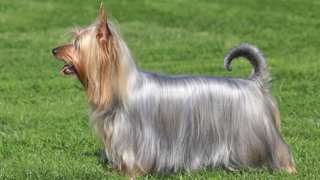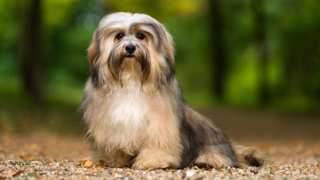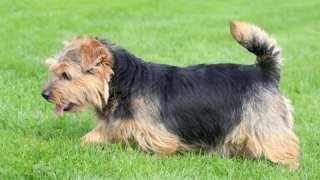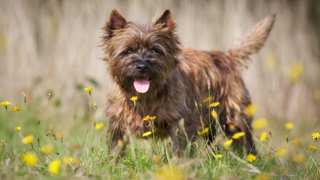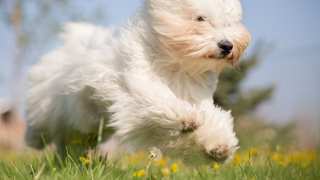Since these dogs are naturally active already, Yorkshire Terrier exercise needs aren't too extensive. Owners can begin giving their Yorkies exercise as early as three months of age by taking puppies on short, leashed walks once or twice per day. And adult Yorkies need two different types of physical activity: endurance (usually accomplished by moderate walks of about 30 minutes) and cardio (shorter but more intense exercise periods, such as fetch or tag).
Some things to remember when exercising your Yorkie: first, make sure a puppy doesn't engage in activities that include a lot of jumping and vigorous running, as those strenuous actions can put unwanted stress on the puppy's still-growing bones and joints. And once a Yorkie reaches adulthood, it's a good idea to supervise and/or leash the dog when in public places like a dog park. For one, though these dogs are tiny, they're extremely confident. A five-pound Yorkie might confront a 100-pound Pit Bull without a second thought--and that encounter could have disastrous results. On the flip side, Yorkies are small enough to be considered prey by big, aggressive dogs and other predators. So it's best to be able to "rescue"these little dogs if they get into dangerous situations.
It's important to engage a Yorkie in regular exercise, if for no other reason than reducing its hyperactivity. An under-exercised Yorkie will be basically uncontrollable, and will run, dig, and bark. And bark. Then bark some more. With enough exercise, a dog of this breed will be more balanced and happier--and best of all, it'll sleep well at night. Here are a few Yorkie exercise ideas:
- Walking: Two 20 to 30-minute walks per day is a good average
- Fetch: Can be done indoors or out
- Obedience/agility trials: Teaches a Yorkie proper discipline
- Obstacle course: Good indoor activity; can include hoop-jumping and maneuvering around obstacles
When indoors, having a chew toy or ball is great for a Yorkie to play with to release excess energy (and these dogs are known to be fond of squeak toys!). And as with any breed, having a consistent daily exercise routine is highly recommended (walks after breakfast and dinner, for example, in addition to a more intense cardio session in the afternoon).

